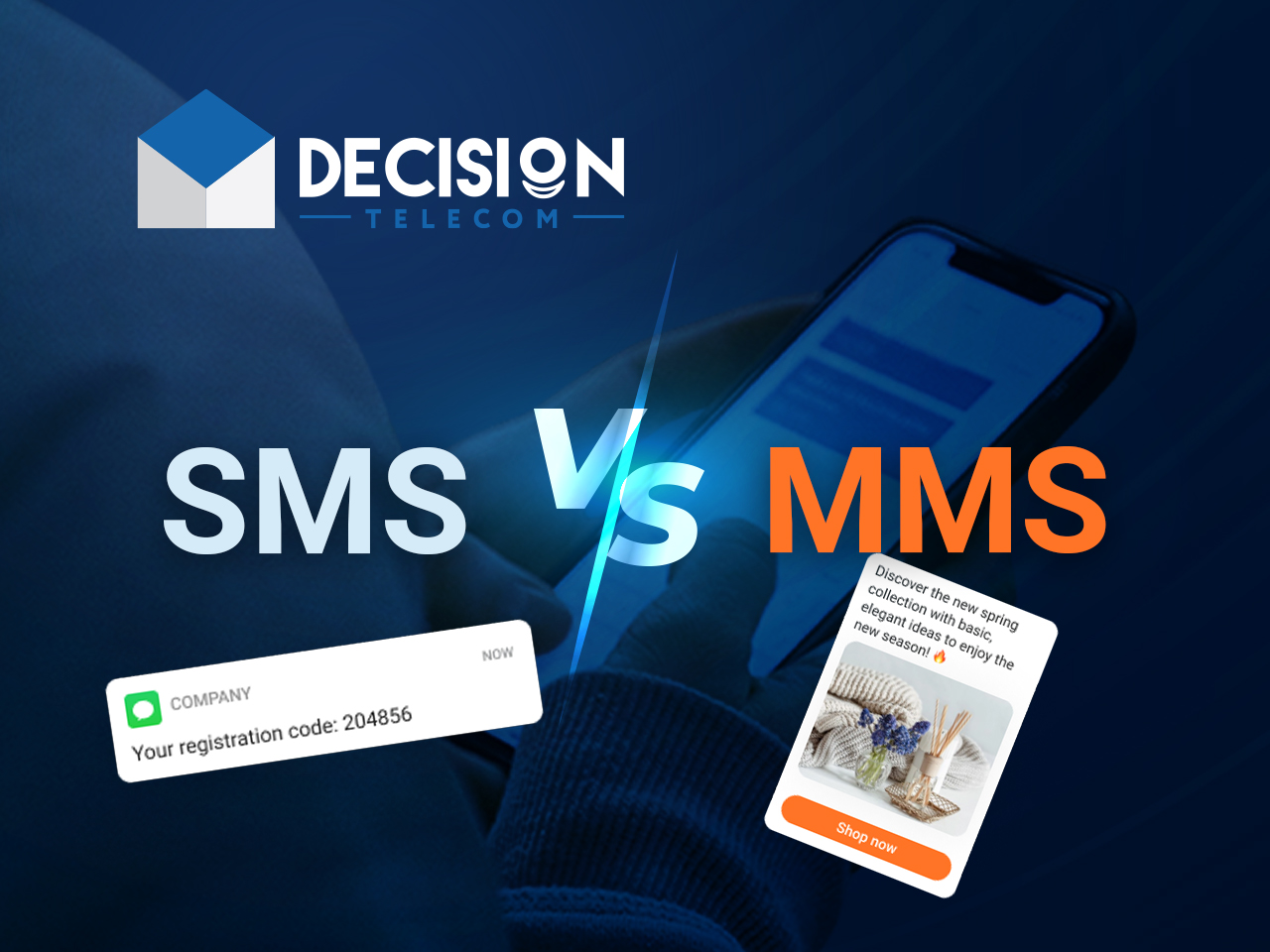In the digital age, communication methods have evolved significantly, and one such method is the use of MMS video. But what exactly is MMS video? Multimedia Messaging Service (MMS) allows users to send multimedia content, including videos, images, and audio, over mobile networks. This service has transformed the way we share experiences, emotions, and information, making it easier for individuals to connect with each other visually and audibly. As we delve deeper into the world of MMS video, we'll explore its definition, functionality, and the role it plays in our everyday lives. Understanding MMS video can enhance your communication experience, making it more engaging and interactive.
In this article, we'll cover various aspects of MMS video, including its history, how it works, and its advantages over other forms of media sharing. Additionally, we'll address some frequently asked questions surrounding MMS video, helping to demystify the concept for both seasoned users and newcomers alike. By the end of this article, you'll have a comprehensive understanding of what MMS video is and how it can enhance your communication experience.
So, if you're curious about the intricacies of MMS video and its implications in our digital communication landscape, read on. This guide aims to provide valuable insights and practical knowledge, ensuring that you can make the most of this fascinating technology.
What is MMS Video?
MMS video refers to video content that is transmitted using the Multimedia Messaging Service. Unlike traditional SMS (Short Message Service), which only allows text messages, MMS enables users to send multimedia content, making it a more versatile option for communication. With MMS video, users can share short video clips with friends, family, or colleagues directly from their mobile devices, enhancing the richness of their messages.
How Does MMS Video Work?
The functionality of MMS video is relatively straightforward. To send an MMS video, the user must have a mobile device that supports MMS functionality and a data plan or sufficient mobile network coverage. Here’s a step-by-step guide on how to send an MMS video:
- Open the messaging app on your mobile device.
- Select the option to compose a new message.
- Choose the recipient from your contacts or enter their phone number.
- Tap the attachment icon (often represented by a paperclip or camera icon).
- Select the video you wish to send from your gallery or record a new one.
- Add any text message if desired.
- Hit send, and your MMS video will be transmitted to the recipient.
What Are the Advantages of Using MMS Video?
MMS video offers several advantages over other forms of communication, including:
- Visual Appeal: Videos provide a more engaging and visually stimulating way to communicate compared to text-only messages.
- Enhanced Expression: Conveying emotions and experiences through video allows for a more nuanced form of communication.
- Convenience: Sending videos directly from your mobile device is quick and easy, making it a convenient option for sharing moments on the go.
- No Need for Internet: Unlike many messaging apps that require a stable internet connection, MMS can work over standard mobile networks.
Is MMS Video Still Relevant Today?
In an age dominated by social media platforms and instant messaging apps, one might wonder if MMS video is still relevant. The answer is a resounding yes! While apps like WhatsApp, Snapchat, and Instagram have revolutionized the way we share multimedia content, MMS video remains an essential tool, particularly for users who prefer traditional messaging methods. Furthermore, MMS is widely accessible, as it does not require the recipient to have a specific app installed, making it a universal choice for multimedia sharing.
What Are the Limitations of MMS Video?
Despite its many advantages, MMS video does come with certain limitations.
- File Size Restrictions: Most mobile carriers impose a limit on the size of MMS messages, which may restrict the length and quality of the videos you can send.
- Cost: Sending MMS messages can incur additional charges depending on your mobile plan, making it less cost-effective than using internet-based messaging apps.
- Less Control Over Quality: The compression used in MMS can lead to a reduction in video quality compared to sharing via other platforms.
How to Optimize MMS Video for Better Sharing?
To ensure your MMS videos are shared effectively, consider the following tips:
- Keep It Short: Aim for shorter video clips to stay within size limits and maintain the viewer's attention.
- Choose Quality Wisely: Balance between quality and file size to ensure the video remains visually appealing without exceeding limits.
- Test Before Sending: Preview the video to ensure it plays correctly and meets your expectations.
What Future Trends Can We Expect for MMS Video?
As technology continues to advance, we can anticipate several trends in the realm of MMS video:
- Integration with Social Media: Future MMS services may incorporate more social media features, allowing users to share their videos across multiple platforms seamlessly.
- Improved Compression Technologies: Advances in video compression may allow for higher quality video sharing within the same file size constraints.
- Enhanced User Experiences: As mobile technology evolves, the overall user experience for sending and receiving MMS videos is likely to improve, making it easier and more intuitive.
Conclusion: Embracing MMS Video in Modern Communication
In summary, MMS video is a dynamic and engaging way to enhance communication in our increasingly digital world. With its ability to convey emotions and experiences through visual content, MMS video remains a relevant tool for individuals looking to connect with others effectively. While there are some limitations, the advantages of using MMS video far outweigh them, making it a valuable addition to your communication toolkit. As we look to the future, it's clear that MMS video will continue to evolve, adapting to our changing digital landscape and enriching our interactions.
:max_bytes(150000):strip_icc()/what-is-sms-mms-iphone-2000247-ec464860a67b475d84ad48b4cac0b015.png)



